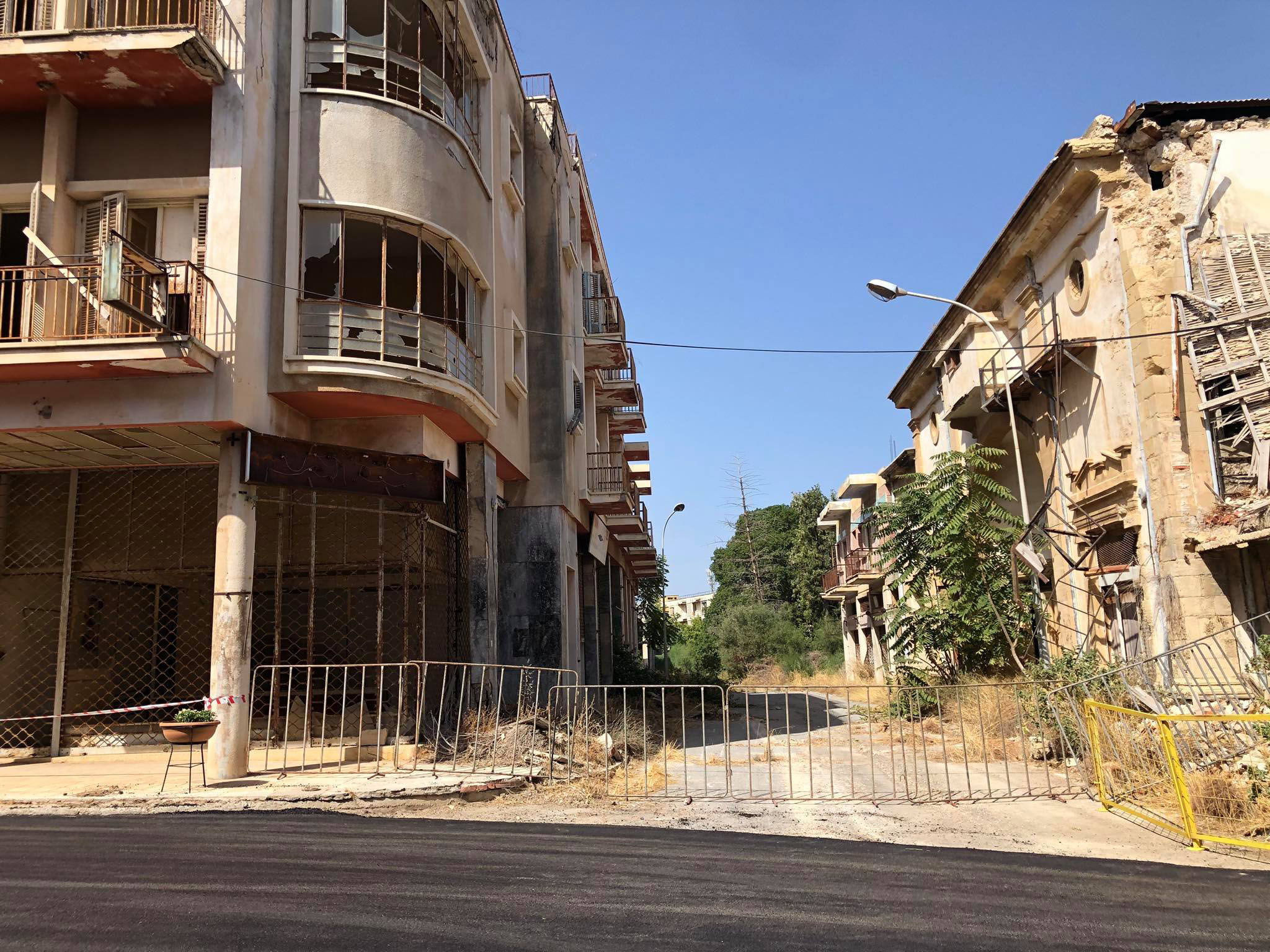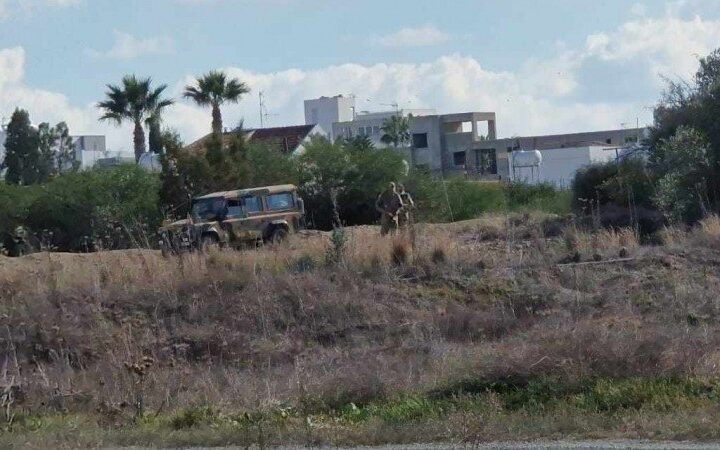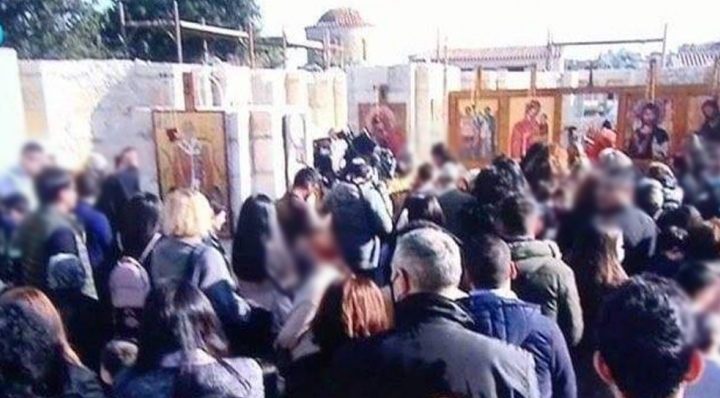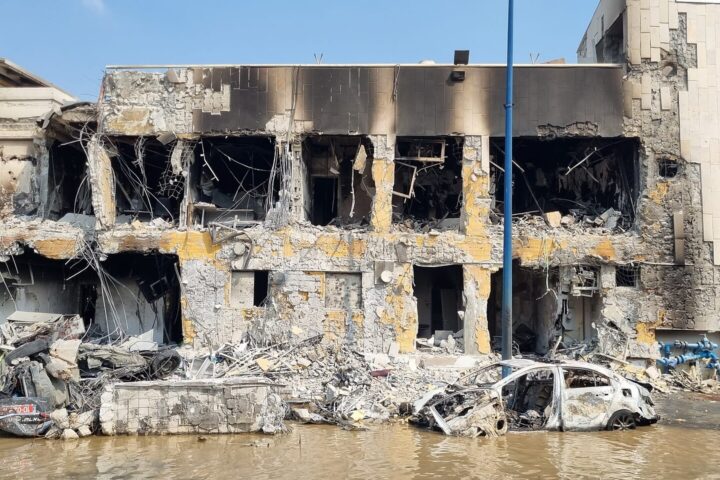By Ravi Bangar
Cyprus, strategically located in the eastern Mediterranean, which Henry Kissinger described “as a stationary aircraft carrier in the middle of the sea”, is again in the news due to the decision, by Turkey and the breakaway Turkish Cypriots to open part of Varosha beach for development.
For the first time in 46 years, the public was allowed on 8 October to access the area.
The decision came just days before elections on Sunday in the “Turkish Republic of Northern Cyprus”, the illegal entity established by Turkey in 1983 following its invasion and occupation in 1974.
That invasion in July 1974 was justified by Turkey as its response to the coming to power of the military junta in Greece and coup d’état in Cyprus led by junta-sympathiser military officers deposing the regime of Archbishop Makarios.
That invasion and occupation have continued to divide the island nation, its people and several efforts made to reunite the island have failed.
In that invasion, Turkey occupied 40% of the area of the island nation.
Thus, the northern part of Cyprus is under illegal occupation and control of an illegal self-proclaimed under the self-styled name of the “TRNC”, sans international recognition, but supported financially and administratively, and more importantly, controlled by the government in Ankara.
The international community considers the TRNC’s territory as Turkish-occupied territory of the Republic of Cyprus.
The occupation is viewed as illegal under international law, amounting to illegal occupation of European Union territory since Cyprus became its member in 2004.
Varosha’s Greek Cypriot inhabitants fled as Turkish troops advanced in 1974.
Since then, the area has remained a no man’s land and under Turkish military control, cordoned off and left to the ravages of time.
Varosha has been used by Turkey as a bargaining chip in talks to resolve the island’s division.
Ankara has maintained occupation troops presently estimated to be around 37,000 in the northern part of Cyprus.
At present, Cyprus with a population of 1.2 million is a prosperous and much-developed island as compared to the north of Cyprus.
The Turkish speaking population of Cypriots which was around 40,000 at the time of the invasion, has expanded to over 325,000 largely due to the settlement policies adopted and incentives offered by Turkey to its nationals to inhabit the occupied part of the island.
This has created demographic imbalance and has been resented by the people and the Republic of Cyprus, the internationally recognised government.
This part is also much less developed as uncertainty over it has kept the non-Turkish investor away.
The decision to open up Varosha has been rightly and roundly condemned by the Republic of Cyprus.
The UN peacekeeping force in Cyprus (UNFICYP) was set up by in 1964 to prevent further fighting between the Greek Cypriot and Turkish Cypriot communities.
The UN force has continued with the mandate being renewed every six months.
India has provided three force commanders in the past and currently maintains a small police contingent.
President Anastasiades condemned the opening of Varosha as a “flagrant violation of international law” and United Nations Security Council resolutions that consider attempts to settle any part of Varosha by anyone other than its inhabitants as “inadmissible.”
The resolutions also call for the area to be transferred to U.N. administration.
The UN expressed concern at the action and said could heighten tensions and undermine fresh attempts at restarting talks.
The EU termed it a “serious violation of the ceasefire agreement” under the UN.
“This decision is a blatant violation of the UN Security Council Resolutions and Greece is going to support all the relevant efforts of the Republic of Cyprus,” said PM Kyriakos Mitsotakis of Greece.
Russia has called the move “unacceptable,” while decrying “unilateral actions” that violate scores of UN Security Council Resolutions.
Turkey, under President Erdogan, has been attempting to expand its influence, interfering in the Middle East, the Armenia-Azerbaijan conflict and he perceives himself as a modern-day Sultan of the erstwhile Ottoman empire.
Turkey in the recent past has taken a publicly anti-India stand on decisions such as abrogation of Article 370, CAA and NRC, etc.
It has openly sided with Pakistan on issues of vital interest to India.
It is considered that given this and also in support of and in solidarity with Cyprus, India should condemn this unilateral illegal decision and act by Turkey.
This will send a clear message to Turkey that India stands for maintenance of peace, security in the region and will strongly oppose interference in the internal affairs of friendly Cyprus.
The author is former High Commissioner to Cyprus, former Ambassador of India to Colombia and Ecuador










